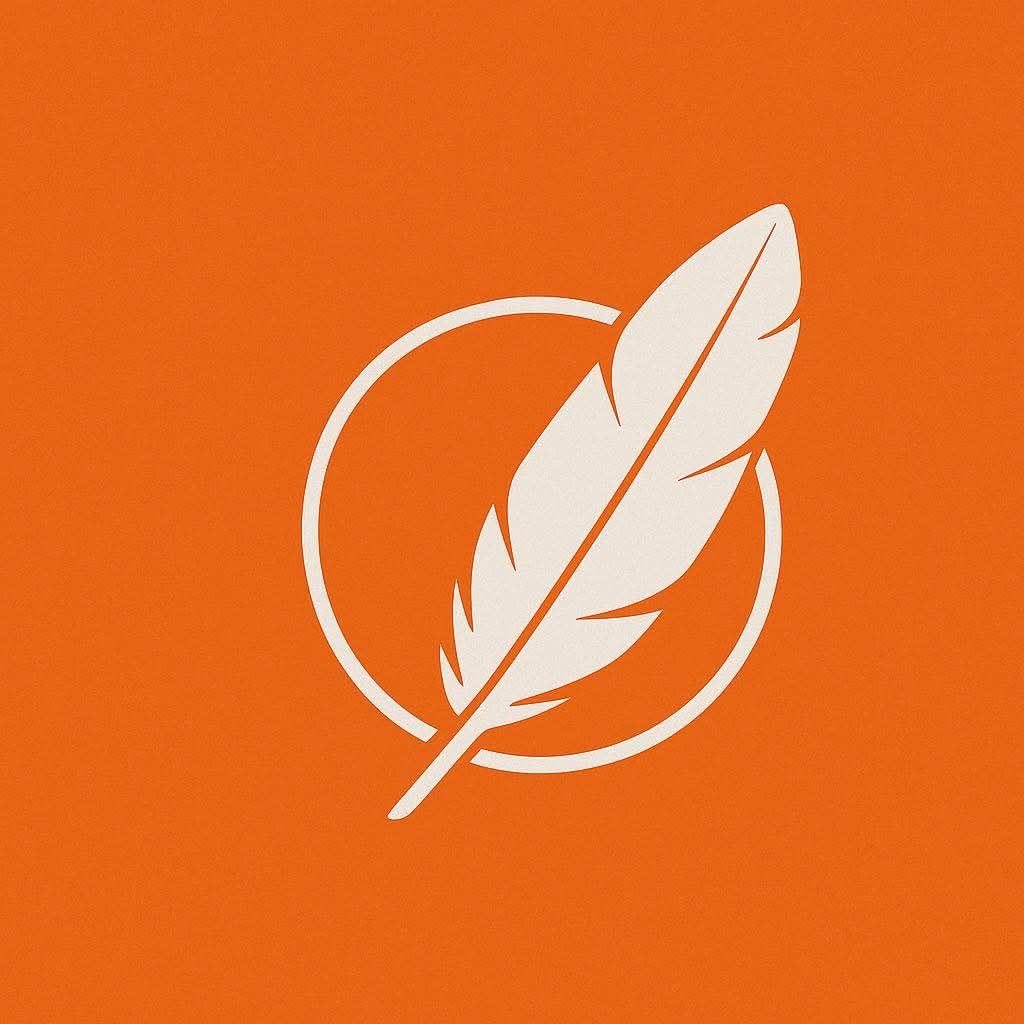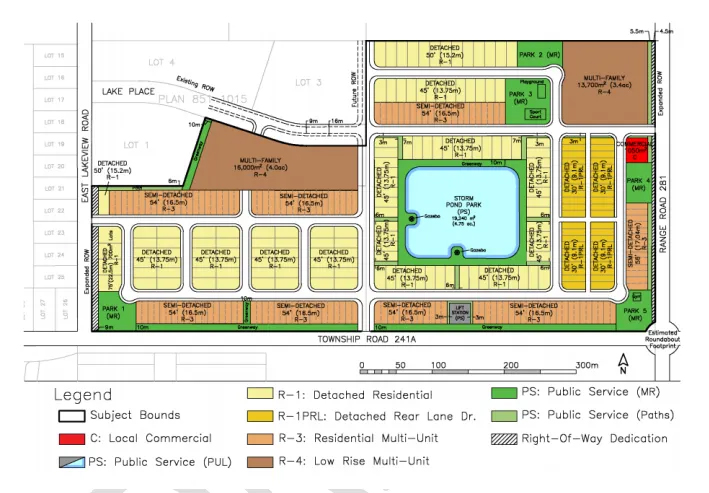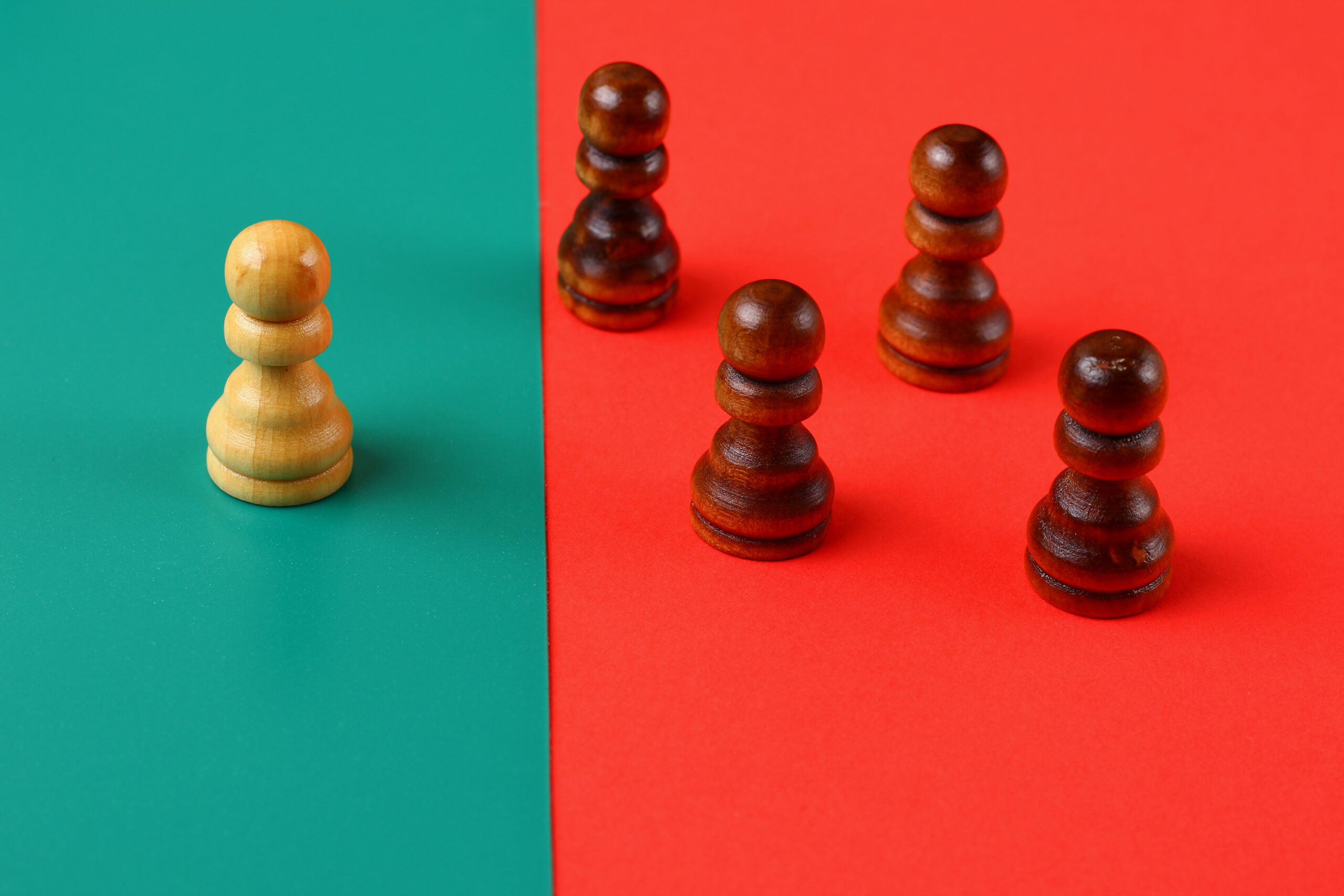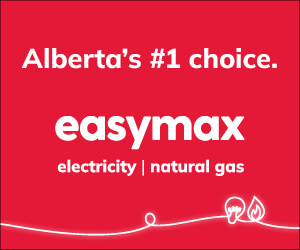Every year on September 30, Canadians pause to recognize National Day for Truth and Reconciliation, a solemn occasion dedicated to acknowledging the painful legacy of the residential school system and to honouring the Survivors, their families, and the children who never came home. The day, which also coincides with Orange Shirt Day, is both a time of mourning and an opportunity for education and action.
A painful history
From the late 1800s until the final school closed in 1996, more than 150,000 First Nations, Métis, and Inuit children were taken from their homes and forced to attend residential schools. Operated primarily by churches and funded by the federal government, the schools were designed to assimilate Indigenous children into Euro-Canadian culture. Survivors have recounted experiences of abuse, neglect, and cultural erasure. The Truth and Reconciliation Commission of Canada (TRC), which operated between 2008 and 2015, documented these testimonies in its 94 Calls to Action.
One of those calls urged governments to create a statutory holiday to commemorate the tragic history and ongoing impacts of residential schools. That recommendation became reality in 2021, when the federal government passed legislation establishing September 30 as the National Day for Truth and Reconciliation.
Orange Shirt Day
The day is closely tied to the story of Phyllis (Jack) Webstad, a Survivor from the Stswecem’c Xgat’tem First Nation. On her first day at residential school, six-year-old Phyllis wore a brand-new orange shirt that her grandmother had given her. The shirt was taken away and never returned, symbolizing the loss of culture, identity, and self-worth experienced by thousands of children.
Today, wearing orange has become a visual statement of remembrance and solidarity. Across Canada, schools, workplaces, and community groups encourage participants to don orange shirts and reflect on the stories of Survivors.
National recognition and local observances
Since 2021, Truth and Reconciliation Day has been recognized as a statutory holiday for federal employees and federally regulated workplaces. Some provinces and territories, including British Columbia, Manitoba, Nova Scotia, Prince Edward Island, and the Northwest Territories, have also designated it as a statutory holiday, while others continue to mark it through education and public events.
Communities across the country observe the day in ways both solemn and celebratory. In major cities like Ottawa, Vancouver, and Winnipeg, public ceremonies feature Survivor testimonies, traditional drumming and singing, and community walks. In Alberta, local municipalities—including Chestermere and Calgary—host gatherings that often combine cultural teachings with moments of reflection. Schools incorporate lessons on Indigenous history, and libraries and museums hold special programming to encourage ongoing learning.
More than a single day
Indigenous leaders and Survivors emphasize that reconciliation is not about a single day but about continuous effort. The TRC’s 94 Calls to Action remain a blueprint for change, covering areas such as child welfare, language and culture, education, health, and justice. Progress has been uneven, with some recommendations advanced—such as the holiday itself—while others remain unfulfilled.
Reconciliation, they argue, also requires more than symbolic gestures. It means listening to Indigenous voices, addressing inequities in healthcare, housing, and education, and supporting initiatives that restore languages and traditions. It also involves confronting Canada’s colonial history honestly and ensuring the stories of Survivors are preserved for future generations.
The role of Canadians
For many non-Indigenous Canadians, Truth and Reconciliation Day is a chance to ask: What can I do? Simple acts—such as reading the TRC report, attending community events, supporting Indigenous businesses, or learning local Indigenous place names—can deepen understanding and contribute to reconciliation.
As Phyllis Webstad has often said, “Every child matters.” Those words, now a national refrain, remind Canadians that the day is not only about remembering the children who suffered and died in residential schools, but also about ensuring today’s Indigenous children have a future rooted in dignity, safety, and cultural pride.
Looking forward
Truth and Reconciliation Day is both a commemoration and a call to action. It invites Canadians to pause and reflect, but also to move forward with renewed commitment. From Chestermere to coast to coast to coast, the message is clear: reconciliation is not optional. It is a shared responsibility, woven into the fabric of Canada’s future.
As Canadians don orange shirts, join community walks, or take quiet moments of reflection this September 30, the hope is that remembrance leads to action — and that action leads to lasting reconciliation.
Truth and Reconciliation Day in Canada: Honouring the Past, Building the Future

A day of remembrance, education, and commitment
In response to Canada's Online News Act and Meta (Facebook and Instagram) removing access to Canada's local news from their platforms, Anchor Media Inc encourages you to get your news directly from your trusted source by bookmarking this site and downloading the Rogue Radio App. Send your news tips, story ideas, pictures, and videos to info@anchormedia.ca.






